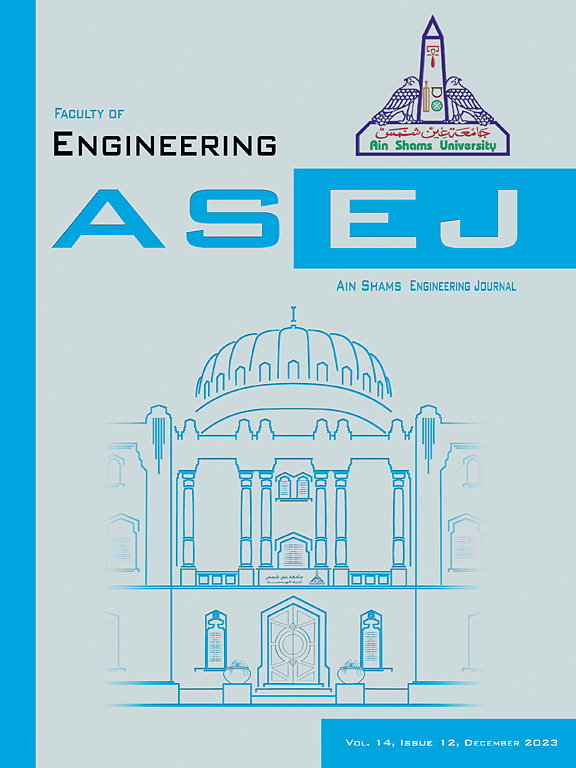在简单随机抽样下利用补充变量的高阶矩的插值技术
IF 5.9
2区 工程技术
Q1 ENGINEERING, MULTIDISCIPLINARY
引用次数: 0
摘要
本文提出了几种基于对数的简单随机抽样下利用补充变量的高阶矩的插值方法。关于点估计器的分类已经发展到估计总体均值。偏差和均方误差的表达式被导出到近似一阶。根据Bahl和Tuteja[2]、Izunobi和Onyeka[10]以及Zaman和Iftikhar[28]提出的估计器,研究了建议估计器的性能。对比分析表明,建议的估计量优于Bahl和Tuteja[2]、Izunobi和Onyeka[10]以及Zaman和Iftikhar[28]。理论结果得到了两个真实种群的数值研究和一个假设种群的模拟研究的支持。仿真研究还表明,所提出的估计器在高相关情况下的性能优于低相关情况。本文章由计算机程序翻译,如有差异,请以英文原文为准。
Imputation techniques utilizing higher order moment of a supplementary variable under simple random sampling
This paper presents certain log-based categories of imputation techniques utilizing higher order moment of a supplementary variable under simple random sampling. The pertinent categories of point estimators have been developed to estimate the population mean. Bias and MSE expressions are derived up to the approximation of first order. The performance of suggested estimators are investigated in relation to the estimators proposed by Bahl and Tuteja [2], Izunobi and Onyeka [10] and Zaman and Iftikhar [28]. The comparative analysis shows that the suggested estimators outperform those suggested by Bahl and Tuteja [2], Izunobi and Onyeka [10] and Zaman and Iftikhar [28]. The theoretical results are supported by a numerical study on two real populations as well as a simulation study using a hypothetical population. A simulation study also reveals that the suggested estimators performed superior at high correlation than at low correlation.
求助全文
通过发布文献求助,成功后即可免费获取论文全文。
去求助
来源期刊

Ain Shams Engineering Journal
Engineering-General Engineering
CiteScore
10.80
自引率
13.30%
发文量
441
审稿时长
49 weeks
期刊介绍:
in Shams Engineering Journal is an international journal devoted to publication of peer reviewed original high-quality research papers and review papers in both traditional topics and those of emerging science and technology. Areas of both theoretical and fundamental interest as well as those concerning industrial applications, emerging instrumental techniques and those which have some practical application to an aspect of human endeavor, such as the preservation of the environment, health, waste disposal are welcome. The overall focus is on original and rigorous scientific research results which have generic significance.
Ain Shams Engineering Journal focuses upon aspects of mechanical engineering, electrical engineering, civil engineering, chemical engineering, petroleum engineering, environmental engineering, architectural and urban planning engineering. Papers in which knowledge from other disciplines is integrated with engineering are especially welcome like nanotechnology, material sciences, and computational methods as well as applied basic sciences: engineering mathematics, physics and chemistry.
 求助内容:
求助内容: 应助结果提醒方式:
应助结果提醒方式:


